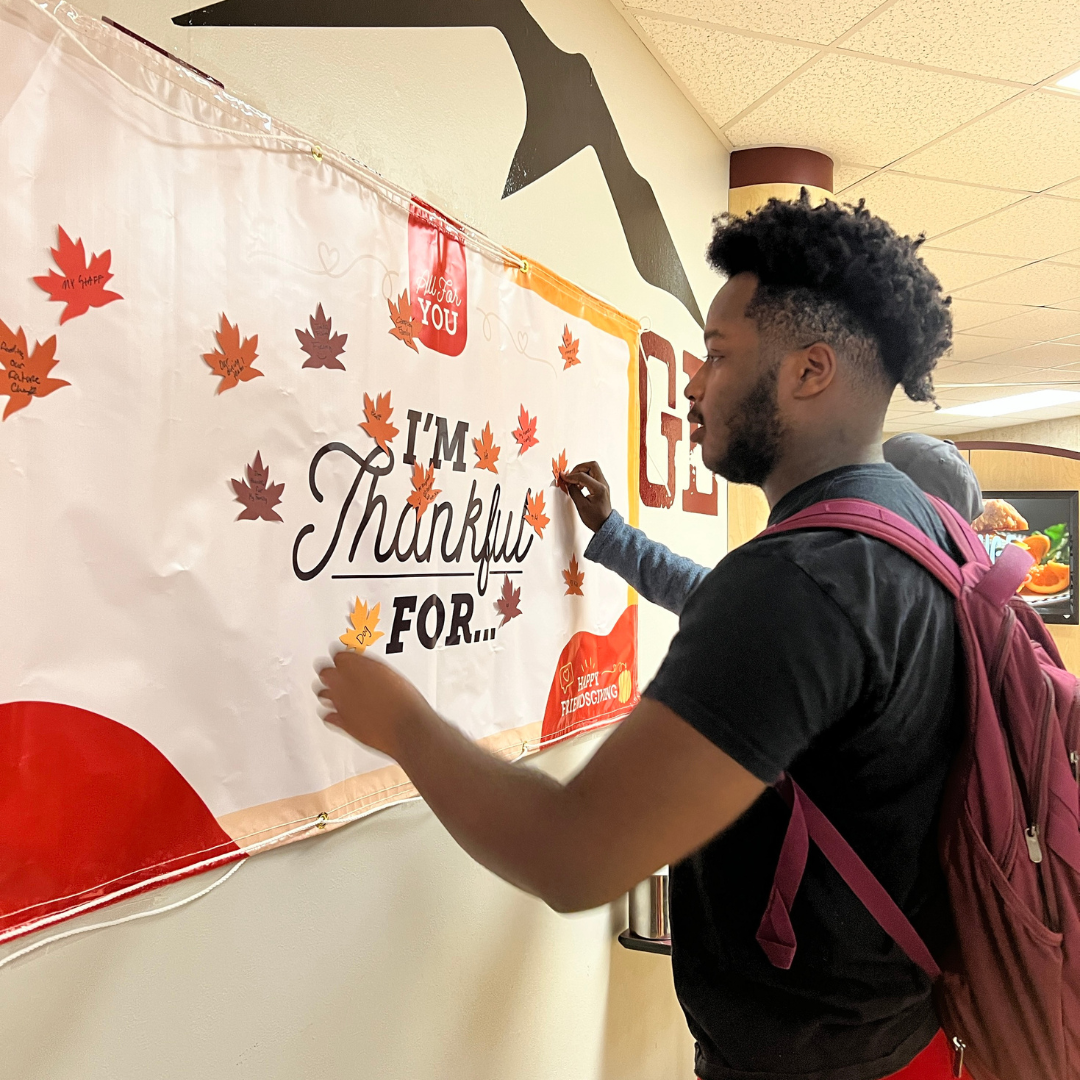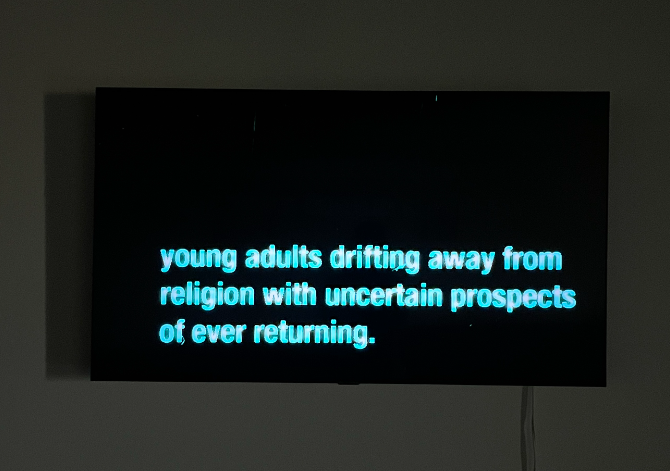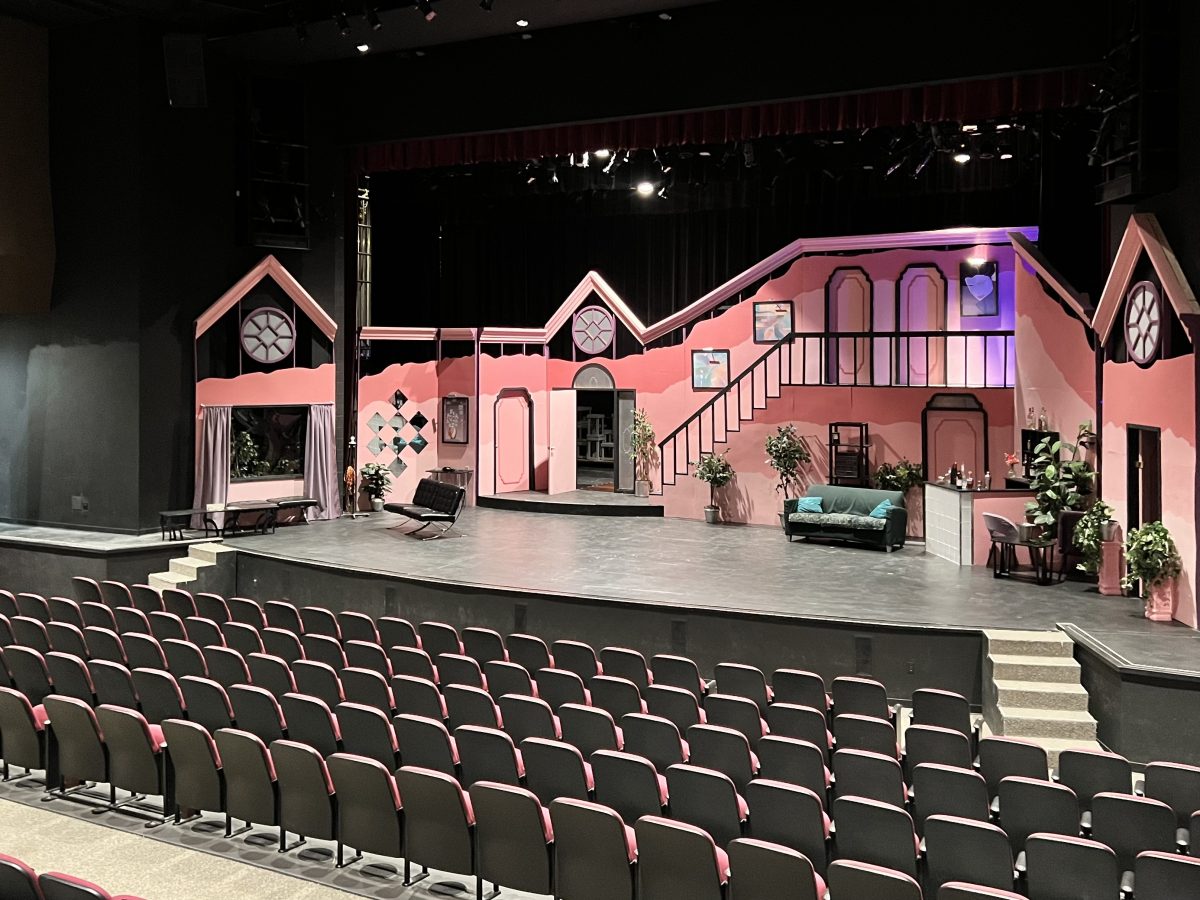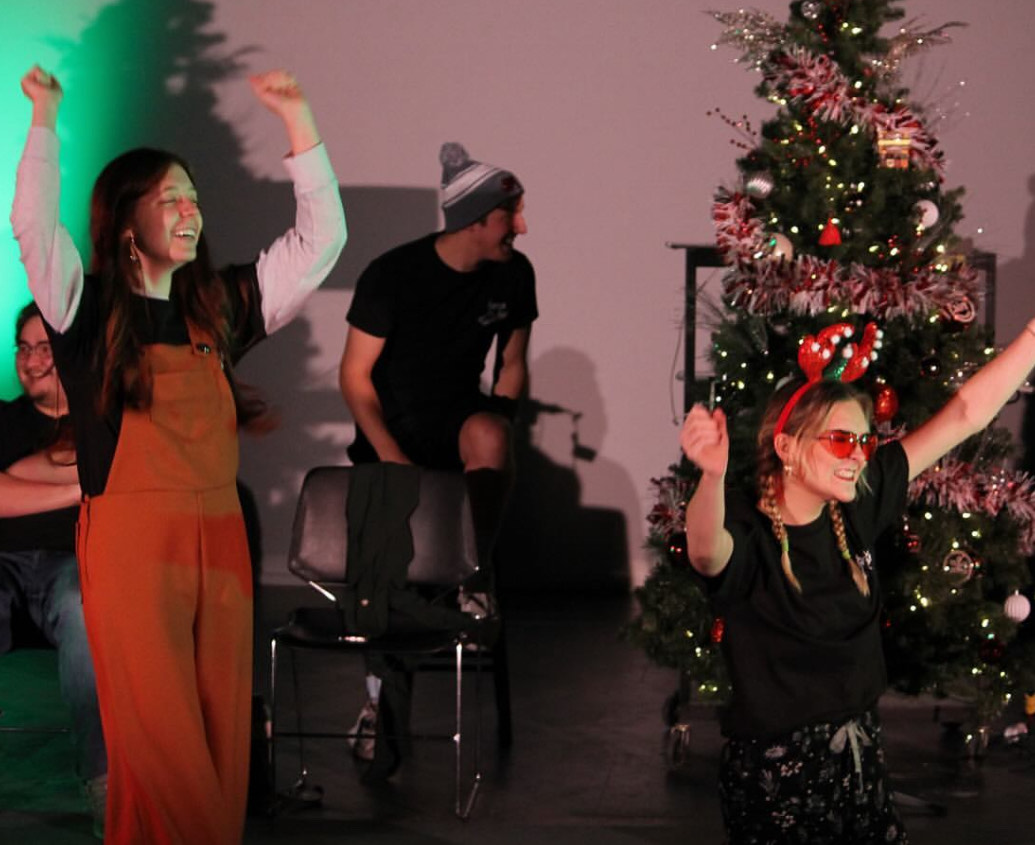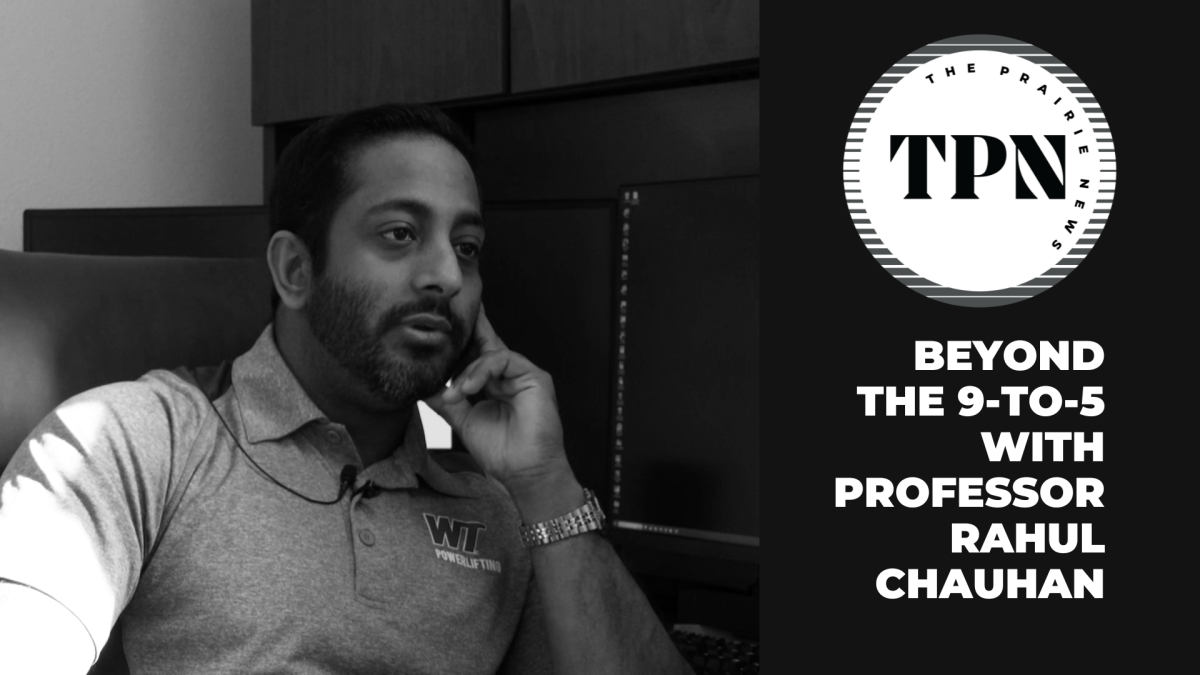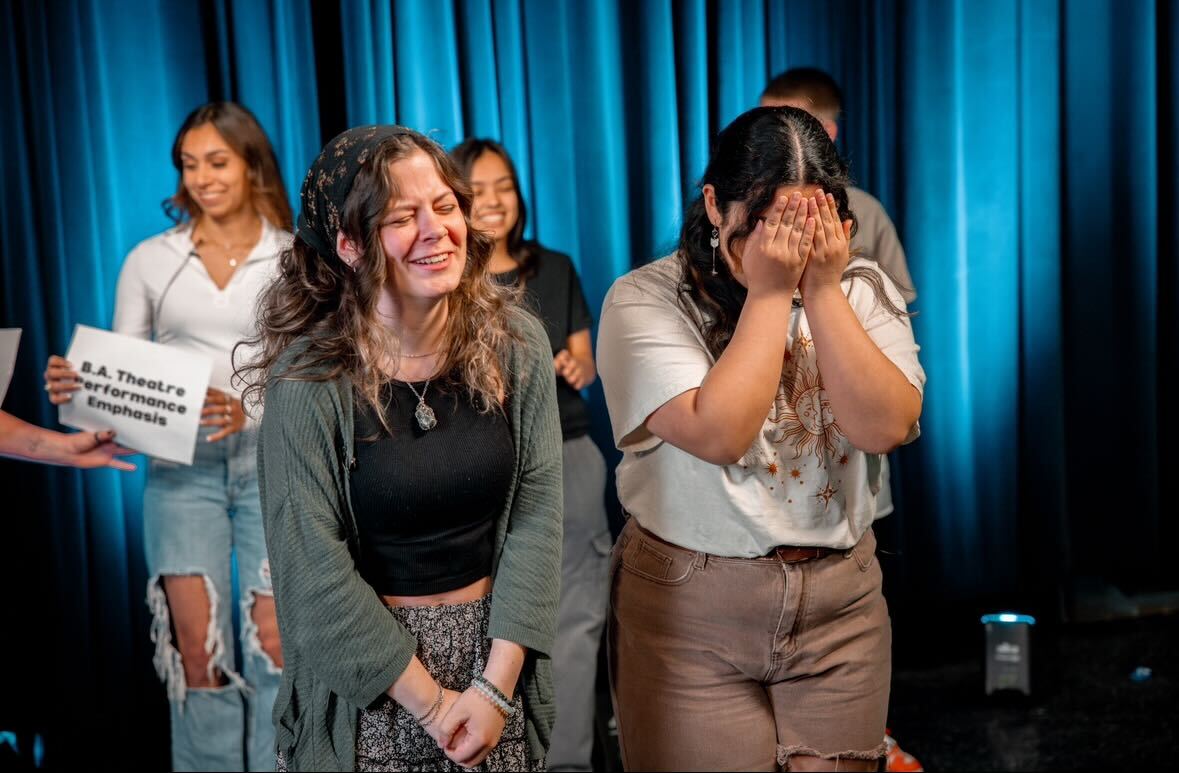On Oct. 18, students filled the Classroom Center to hear two inter-country teams of debaters duke it out over the issue of political party spending during elections.
WTAMU first hosted the UK debaters in 2006 after successfully winning the bid to host the team. It is one of the four schools in Texas that hosts the team as part of their national tour.
The tours, put together by The Committee on International Discussion and Debate of the National Communication Association, have been part of an exchange between the United States and the United Kingdom since 1922.
Each debate team consists of one UK debater and one person from the WT Forensics team. Forensics Director Connie McKee chooses which two Forensics Team members will compete.The debates are done in parliamentary style. In this kind of debate, audience members are encouraged to participate: they can move back and forth, depending on which side they agree with, and shout in agreement or disagreement with the debaters.
The debates have steadily drawn a bigger audience over the years.
“The debate attendance in 2010 was the largest we’ve ever had. There were so many people present, we had to move the debate to the Fine Arts Center foyer and people sat on the floor to listen,” said Hanson. “I’d like to have a standing room only crowd again.”
She got her wish; the room was packed with students.
“My speech professor said it was extra credit,”Jennifer Capagna, a sophomore Music Therapy major, said. It was her first time attending the Debates. “I used to do debate in high school. I’m kind of excited.”
Before the debate began, Lambda Phi Eta president LorAnn Garrett explained the rules to the audience.
The first UK debater, Richard Robinson, stood up and addressed the audience. A recent graduate from Manchester University, he was awarded a first-class degree in Law and will commence practice as commercial solicitor in 2013.
“If you’ve come to hear analytical debates with a crisp British accent, you’ll be disappointed,” he joked with the audience.
He then laid out his argument that the current American election system favored the wealthy and, therefore, the government should place a cap on political spending.
Robinson was followed by Ben Jasper. A graduate of from Wadham College, he has a first-class degree in Modern History and an M.Phil in Politics. He just completed the graduate diploma in Law and will soon begin working as a lawyer at Clifford Chance.
He, too, tried to win over the audience with jokes.
“You should feel sympathy for us, we’re from this rainy little island,” he said. “We’re famous for Harry Potter, Disney Villians, tea.”
Jasper then laid out his counterpoint: the current election system did in fact serve the people and putting a cap on spending would only cause more problems than it would solve, complicating the current issues in the system.
After the second chorus of shouting from the audience, it was time for the local debaters to join in.
“I don’t plan to match the eloquence of the British, but I hope you’ll put up with me,” Bethany Beck, graduate Communications student, said.
At this point the debate began to get heated. The opposing side began repeatedly standing up to try and debunk Beck’s arguments and the debater herself began to get more passionate, particularly when it came to arguing that lobbyists did not truly represent their donors by using their money to support candidates that they don’t support.
“Just because I’m pro-life doesn’t mean I support Rick Perry!” she shouted. The crowd cheered.
After her time was up, Chris Bridenbaugh, a junior Communication Studies major, stepped up to address the audience.
“Hello, everybody. We’re going to try and keep it a bit nicer,” he said.
He argued that the current political system is beneficial because it energizes voters and provides jobs to those in the media. Furthermore, he argued, it was a donor’s responsibility to make sure organizations really supported them.
Following Bridenbaugh, Jasper took the stage for the last time and reiterated his teammate’s points. Then Robinson and Beck wrapped up their arguments and ended the debate, amidst cries of “Hear hear” and “Shame” on all sides.
After the debate, the students marked their debate slips, voting in Bethany and Richard as the winners.
“It was all Richard, he was great,” Beck said.






